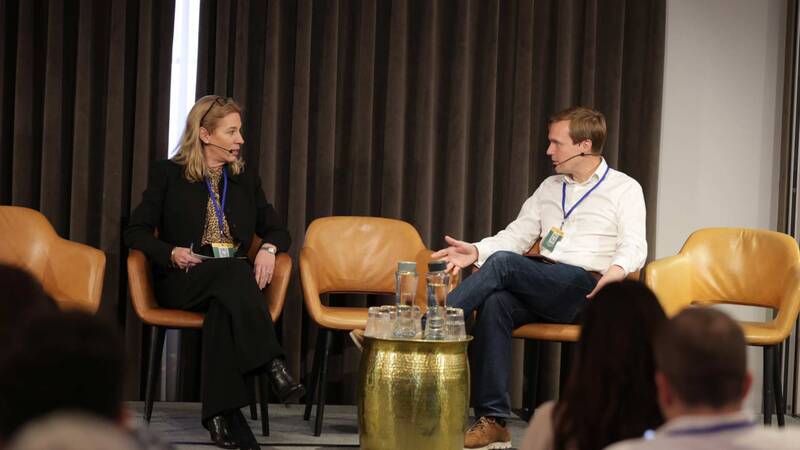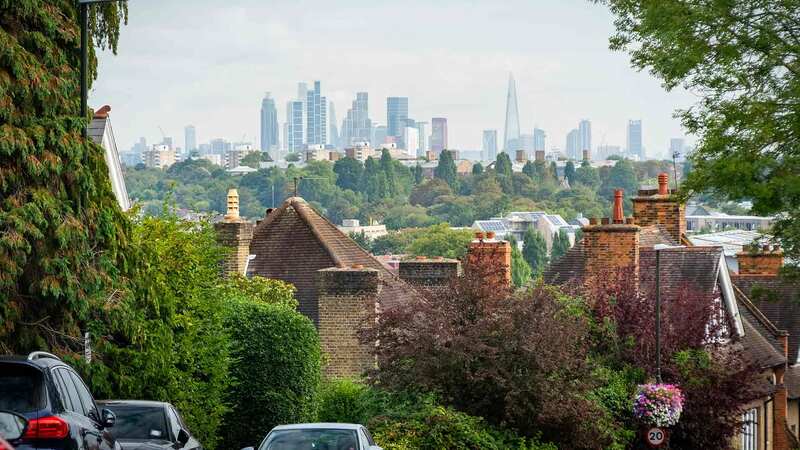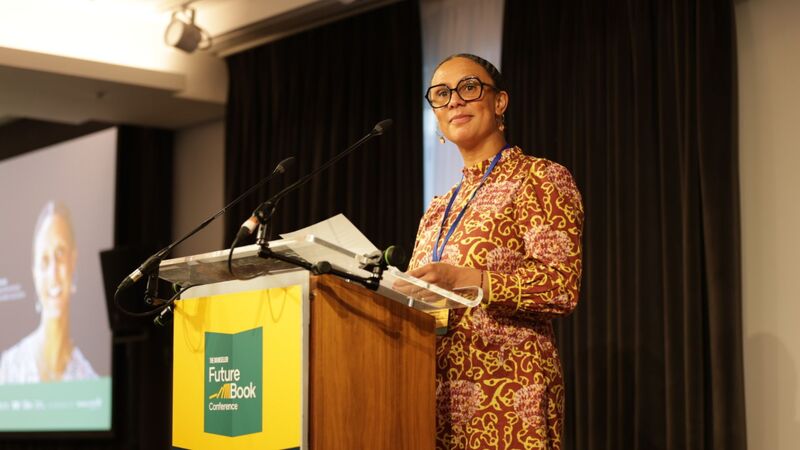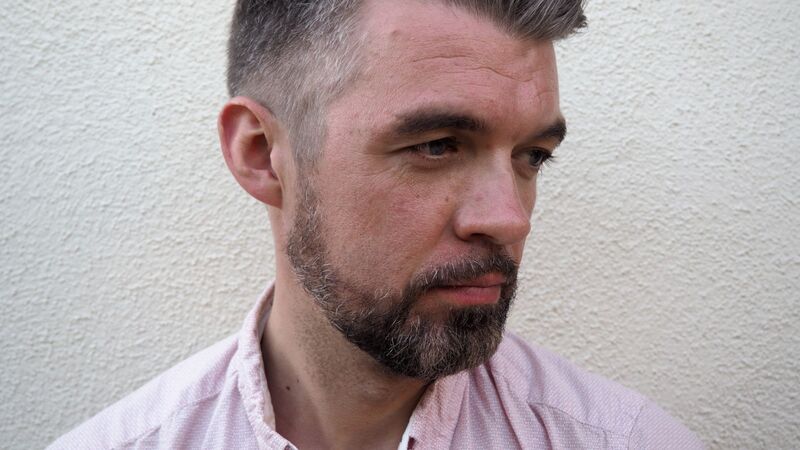You are viewing your 1 free article this month. Login to read more articles.
Race and poetry reviewing
What role does reviewing play in poetry publishing, especially today when poetry reviews appear with less frequency in the national press? The assumption has perhaps always been that the poetry reviewer appears (if they appear at all) at that critical juncture between publication and a hoped-for readership. And whilst a reviewer may make evaluations for a reading public, and this might boost sales or raise a poet’s visibility to prize-judging panels, the poetry reviewer has gradually become an endangered species. Poetry magazines, however, with a specialised audience and lengthier reviews, abound. But the thinning ranks of poetry reviewers in newspapers mean that often one or two voices re-appear. Sometimes a lone figure, the paper’s designated poetry critic, often a white male, crops up even-handedly to remind us all that poetry matters.
In a cultural moment when poetry is being read and sold more than ever, the invisibility of public discourse in the press seems particularly odd—especially considering that over the past decade, UK poetry publishing has become increasingly diverse, international and, frankly, relevant. It was once the case that less than 1% of poetry published in the UK was written by Black and Asian authors. This statistic, a finding of the 2005 Free Verse report commissioned by Spread the Word, seems unfathomable now. Since then, and in large part due to diversity initiatives shaped by individuals and organisations like The Complete Works, the number of poets of colour publishing in the UK has risen to more than 16%. High profile poetry prizes like the Eliot and the Forward Prizes had until recently rarely been awarded to poets of colour. This has changed dramatically. But recent statistics pulled together by blogger critic Dave Coates (The State of Poetry Criticism) show that reviewers and poets of colour are still hugely underrepresented in broadsheet and magazine publications, with only 4.3% reviewers and 8.1% poets from BAME backgrounds.
As British poetry publishing and readers open their sights to a broader range of Anglophone writers (and, to an extent, poets in translation), poetry reviewing has once again lagged behind. The Ledbury Emerging Poetry Critics scheme, founded by me and Sarah Howe in association with Ledbury Poetry Festival, is an attempt to redress this imbalance by providing BAME critics access to national reviewing platforms. Since October last year, the Ledbury Emerging Poetry Critics scheme has offered an intensive eight-month mentorship programme to eight talented, emerging BAME poetry critics whose reviews will now be appearing across 10 poetry publications: Dzifa Benson, Mary Jean Chan, Jade Cuttle, Sarala Estruch, Maryam Hessavi, Nasser Hussain, Srishti Krishnamoorthy-Cavell, Jennifer Lee Tsai.
A healthy and diverse critical culture, one that reflects the urgency of poetry’s aesthetics, reception, traditions, innovations must be put back into place. In the life of a book or an author’s work, the reviewer arrives first, then the critic or scholar ambles more slowly to place them in some relation to the past and future. Both are necessary (and sometimes one in the same) for a robust and rigorous literary culture. As Kayo Chingonyi warns in his 2014 essay ‘Worrying the [blood]line of British poetry’: “Of course, a critic cannot be objective, but if our critical culture is to be worth anything, critics must engage with what the work is trying to do as well as what they think it should do. Doing so, however, would mean interrogating the structures that allow critics to present subjective judgments as authoritative. The Guardian, the Times and Private Eye have a lot of cultural capital and, like so many literary publications, most of the reviewers that write for them are white and they generally write about books written by white authors with white editors.”
It is not enough to simply publish poets of colour and to award them prizes in greater numbers. Prizes should not commodify nor should they replace the sustained attention that a critical confluence of readers’ voices bring to a poet’s work. In the long-term, a real and meaningful shift in cultural value must come with critics whose first loyalty is to the work at hand, to reading it knowledgeably and with an awareness of the structural power within which works of literature are produced and received.
On May 17th, as part of the Ledbury Emerging Poetry Critics scheme, a panel of broadsheet editors, poetry publishers and critics will further interrogate the role of reviewing in UK poetry culture today. The panel discussion will be followed by readings from the American poet and critic Jericho Brown and London’s Young People’s Poet Laureate and poetry critic Momtaza Mehri.
Sandeep Parmar is an award-winning poet, Professor of English at the University of Liverpool and co-founder of the Ledbury Emerging Poetry Critics scheme. Tickets to Race and Reviewing—a panel discussion and poetry readings taking place at Kings College London on 17th May—are free via Eventbrite. What is the Role of the Poetry Critic?—a panel discussion with Sandeep Parmar, Tristram Fane Saunders, Dzifa Benson and Sarala Estruch—will take place on 7th July as part of Ledbury Poetry Festival.




















